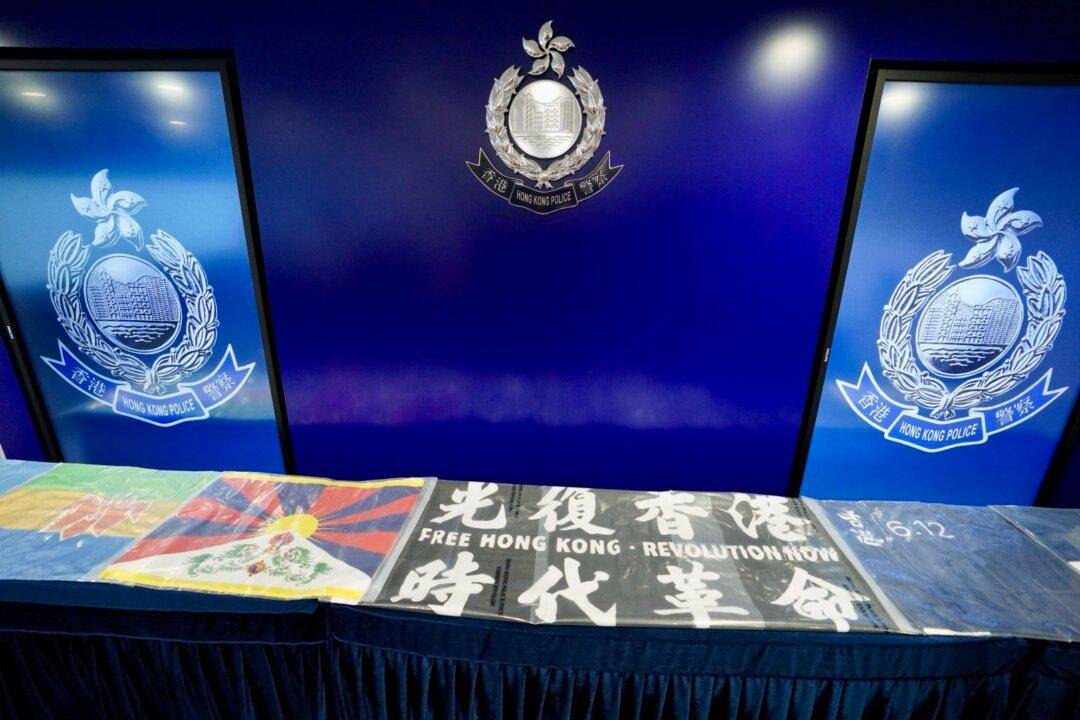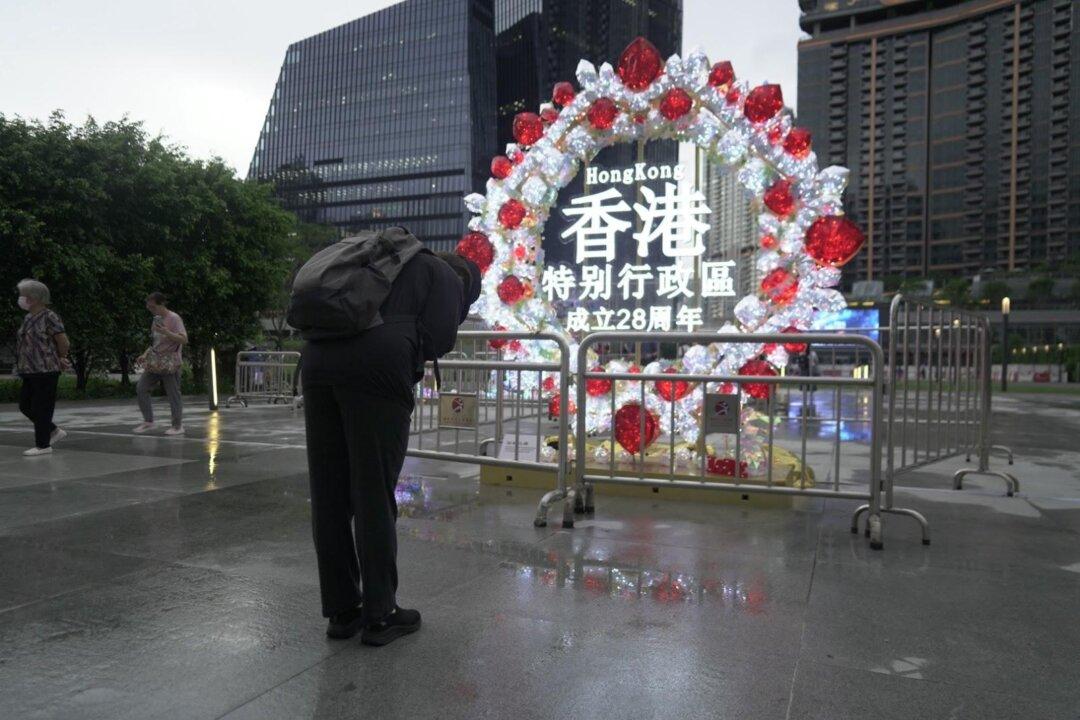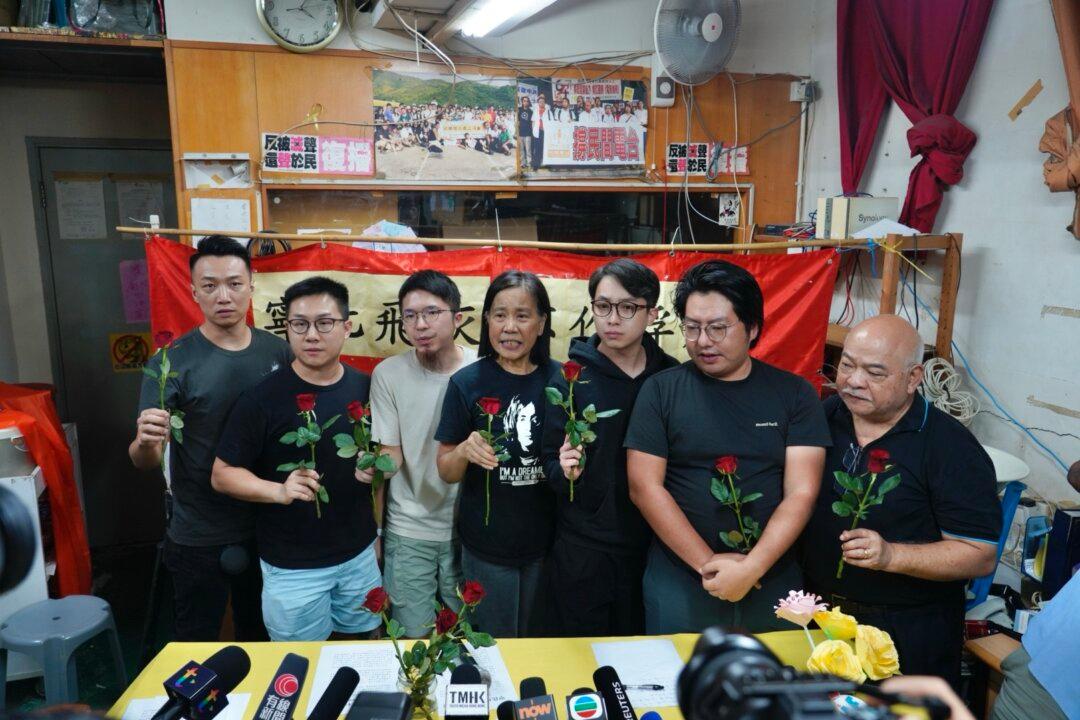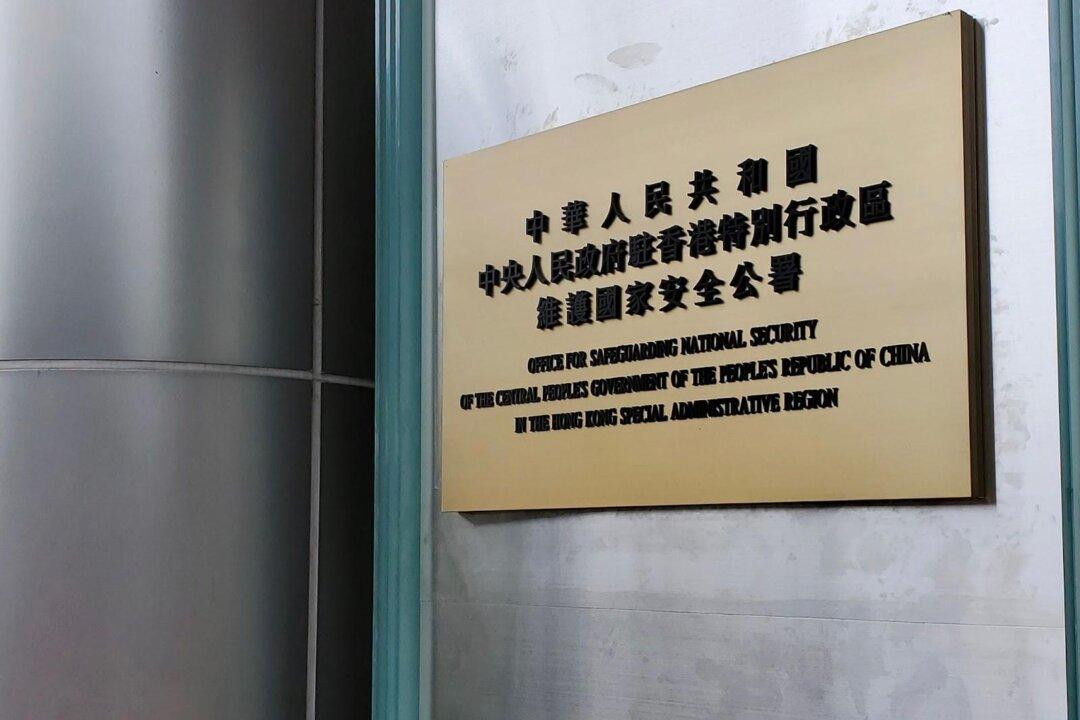Prominent Hong Kong independence activist Edward Leung was released from prison last Wednesday after spending four years behind bars over a 2016 protest.
Leung left Shek Pik Prison on Lantau Island in the early hours on Jan. 19, under special security arrangements intended to keep his release low-profile. The day before, Leung’s social media sites called for people to stay away from the remote prison where he had been held.




